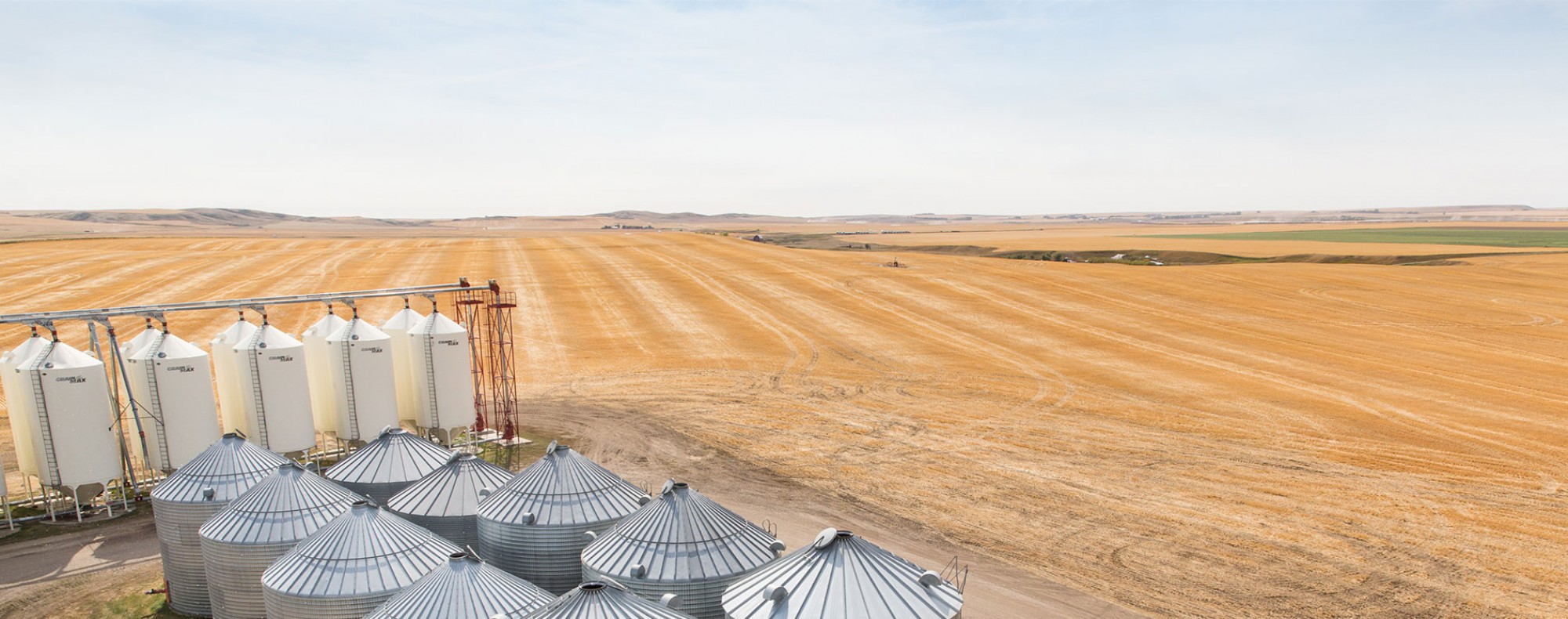Coordinated N and S fertilizer management to increase crop N uptake and reduce environmental N losses
AWC contribution: $30,000.00
Summary:
This 3 year project aims to quantifying the effects of long term Nitrogen and Sulfur fertilizers on crop nutrient use efficiency and N2O emissions on sulfur-deficient, grey soils. Sulfur-deficient prairie soils may be increasing because of increased crop removal by high yielding, sulfur demanding cultivars, increased cropping intensity, and decreased industrial sulfur emissions. There is a lack of information on fertilization effects on annual crop nutrient uptake and soil greenhouse gas (GHG) emissions. The goals for this research is to identify the importance of balanced fertilization beyond crop production to soil nutrient cycling processes and greenhouse gas emissions. Research will be applied on Breton Classical Plots (BCP), which enables for a more accurate quantification for the long term effects of fertilization. BCPs are the longest running, long term agricultural research plots on sulfur-deficient soils.
Objectives:
To understand the effects of long term fertilization on crop nutrient uptake, fertilizer use efficiency and N2O emissions on sulfur-deficient soils.
Benefit to producers:
Many soils on the Canadian prairies are potentially sulfur-deficient or is already deficient for optimum crop yields. Nitrogen fertilizers account for 30% of annual costs for farmers, yet there is very limiting economic and environmental information on its effects in the long run. Research findings will quantify the long term effects of nitrogen and sulfur fertilization on Canadian prairies.
Bio:
Dr. Miles Dyck is an Associate Professor of Soil Science in the Department of Renewable Resources at the University of Alberta, Edmonton. He received his PhD from the University of Alberta and BSc and MSc degrees at the University of Saskatchewan. Dr. Dyck’s research interests are primarily in the areas of soil physics, soil fertility focussing on the effects of agricultural management practices on water and nutrient transport processes in agricultural ecosystems. Dr. Dyck’s interest in agricultural systems and soils began at a young age while he was growing up on his family’s grain farm near Swift Current, Saskatchewan. Dr. Dyck currently teaches courses in soil physics, soil formation and agronomy, has coauthored 16 refereed publications and currently supervises 6 graduate students.
